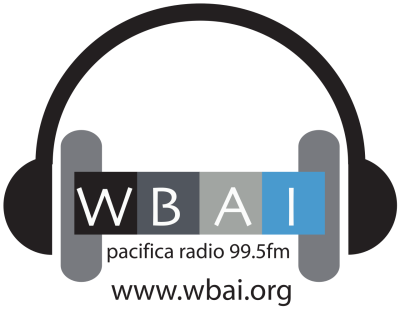Advance Directives and Health Care Proxies
There is one thing that is certain and that we all have in common: all of us will die. But how we die may depend upon the decisions that each of us makes. How would you answer the following questions?
- Do you have an ‘advance directive’? Do you know what this is and why it’s important?
- Do you have a ‘health care proxy’ or ‘agent’?
- Have you talked with your loved ones about what is important to you regarding end-of-life care?
- Would you want to be resuscitated if you were terminally ill and your heart stopped beating?
- Would you want artificial hydration and nutrition if you were terminally ill and couldn’t make health care decisions for yourself?
If you don’t have clear answers to these questions, you’re not alone. We live in a death-denying society that seldom has open and honest conversations about dying. But these conversations are crucial for trying to make sure that health care providers and your loved ones will make the right decisions about your health care if you are incapacitated.
April is Health Care Decision Month—a time to all of us to reflect on some of the decisions that we or our loved ones might confront around how we die. In keeping with this theme, Healthstyles is focusing its four programs this month on how to have the conversations about how we want to die and how to take the legal steps in ensuring that others respect our wishes.
The first program airs tonight on WBAI, 99.5 FM (www.wbai.org) and focuses on why these issues are important. New York’s Family Health Care Decision Act is discussed as an example of legal protections that were developed with good intentions but fall short of being able to make sure that a family member is acting in your best interests, if you can’t make your own health care decisions. We share web resources that can be used by people from any state in the US to find out about specific laws and documents that pertain to protecting your health care rights.
The second program will focus on how to have the conversation about your health care wishes with someone who will serve as your agent, in the event you are unable to make these decisions for yourself. The third program will walk you through how to complete an advance directive and health care proxy form, as well as tell you how to make it available to health care providers. The last program will discuss other legal documents related to end-of-life care, such as the POLST—Provider Orders for Life Sustaining Treatment—and the Do Not Resuscitate documents.
For the entire series, Healthstyles producers Barbara Glickstein, RN, MPH, and Diana Mason, RN, PhD, talk with Tina Janssen-Spinosa, JD, Staff Attorney for the New York Legal Assistance Group where she is Program Coordinator for Total Life Choices, an initiative to disseminate information about end of life planning and help people in their planning needs; and Vidette Todaro-Franceschi, RN, PhD, Professor of Nursing at Hunter College, City University of New York, and expert in end of life issues.
So tune in each Thursday evening from 11:00 to 11:30 this month to listen in on this important series of programs.
Remember that planning for the end of our lives is about planning for how we want to live.
Healthstyles is sponsored by the Center for Health, Media & Policy at Hunter College.
Podcast: Play in new window | Download




